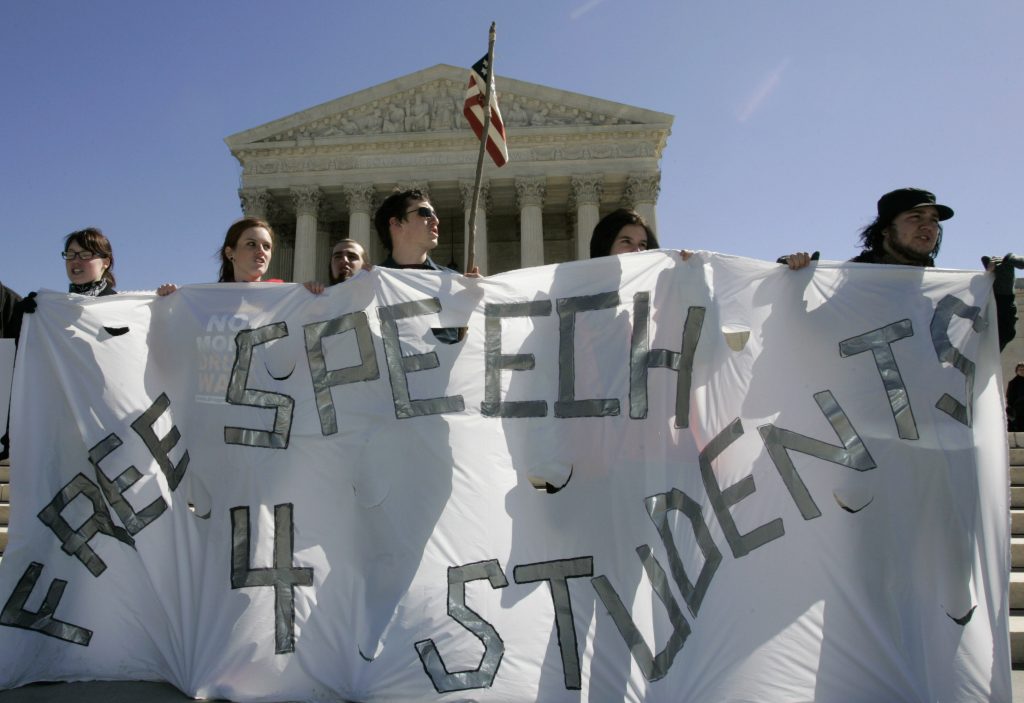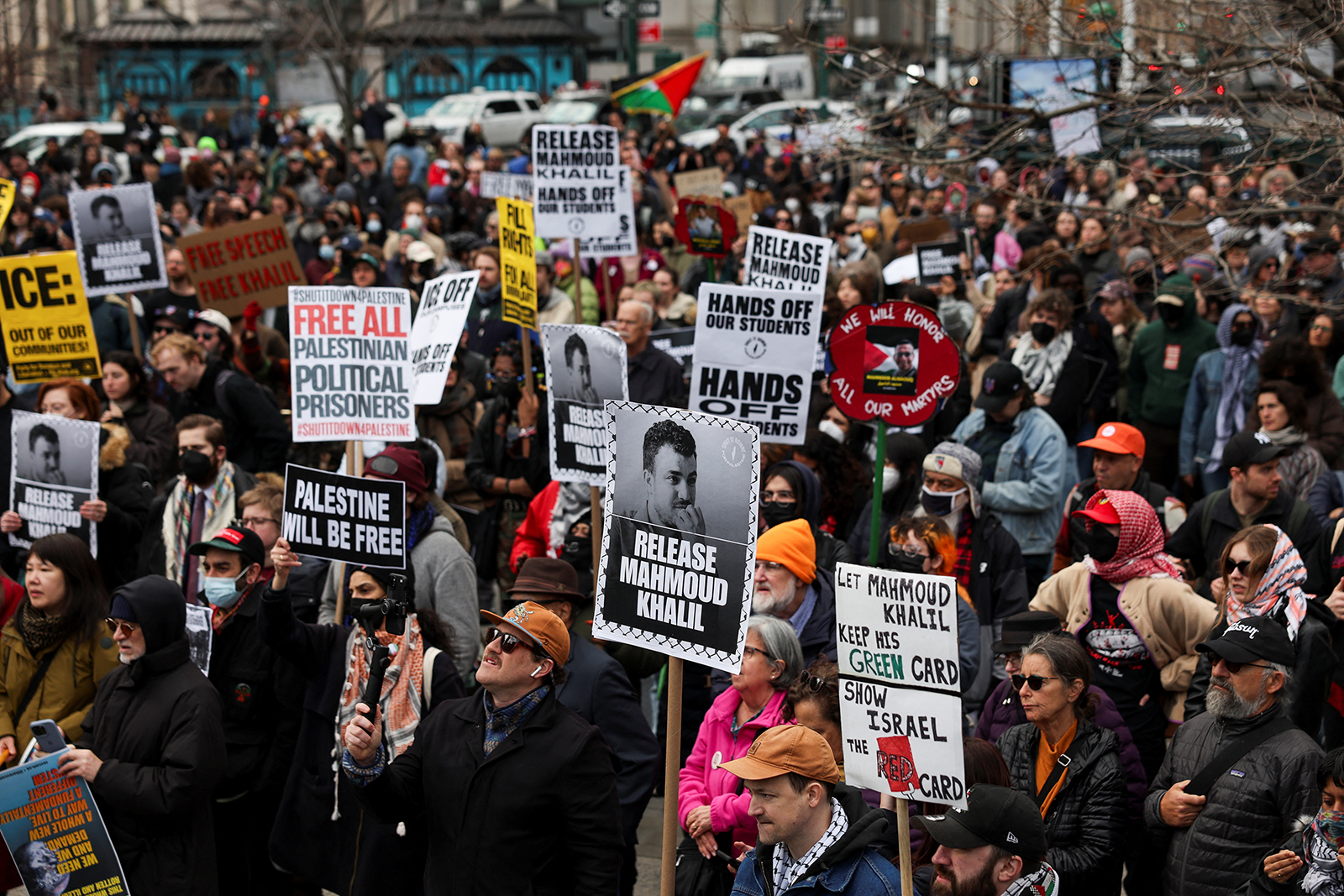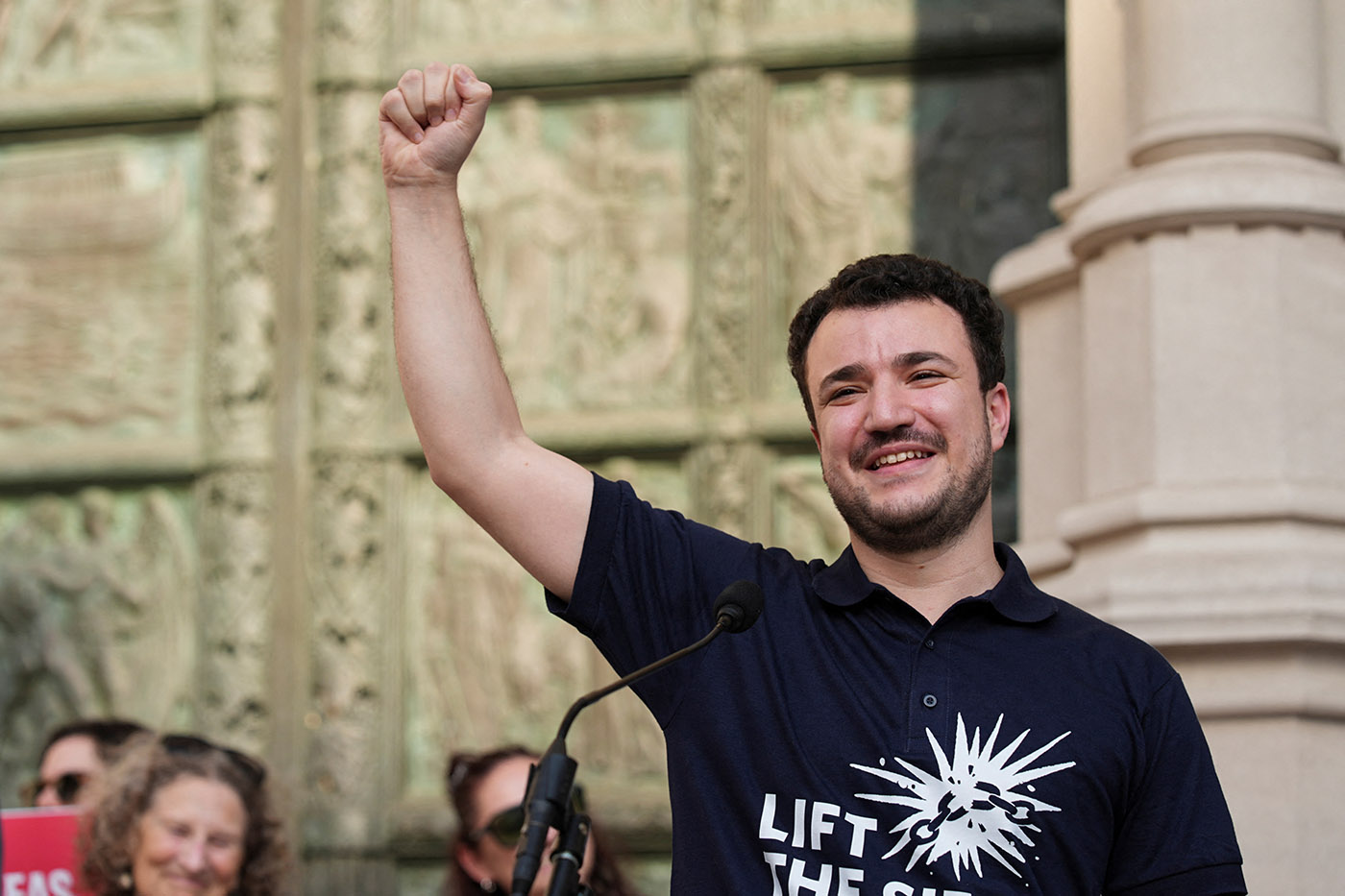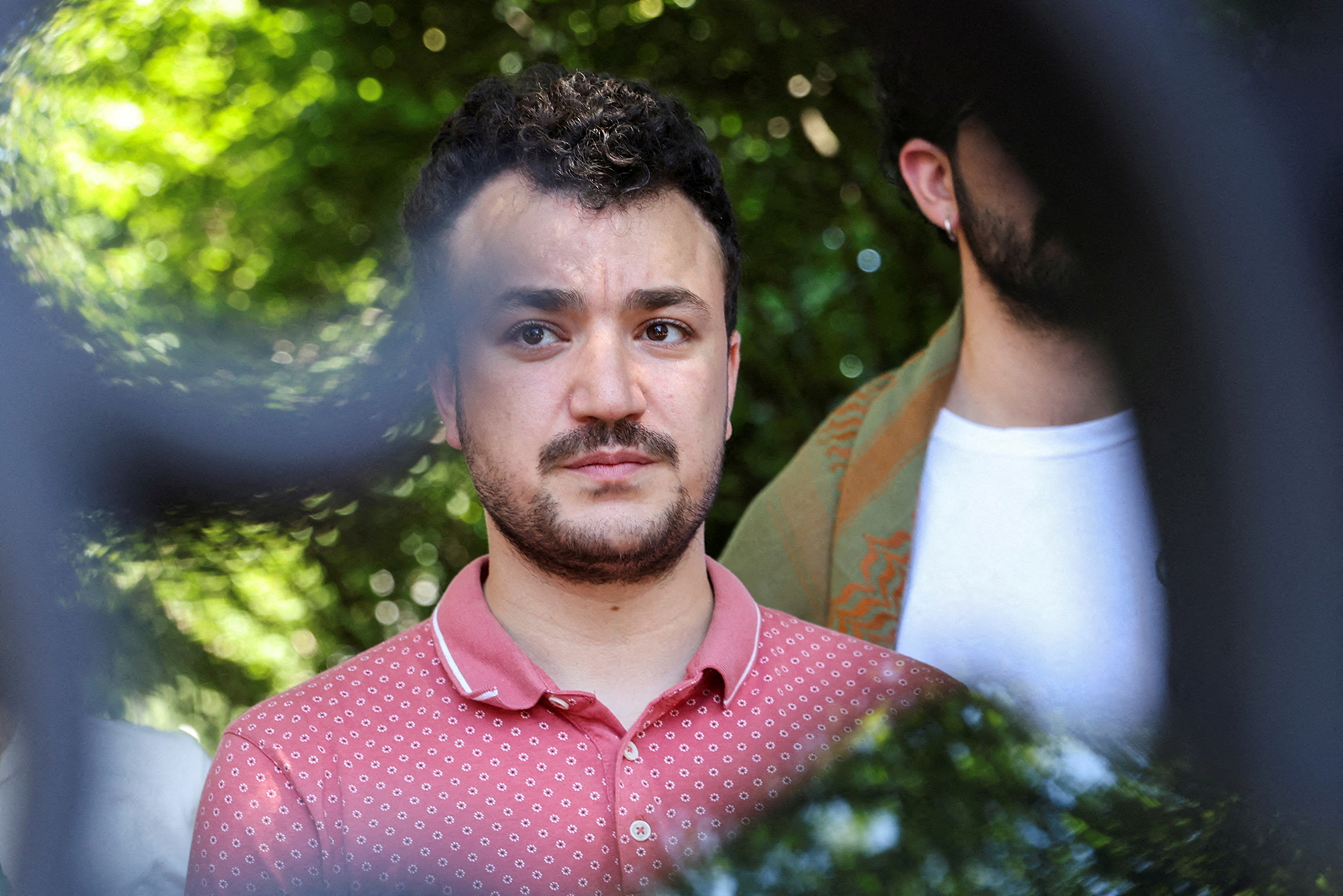The Foundation for Individual Rights in Education (FIRE) released its annual report on the state of free speech on college and university campuses.
The report, “Spotlight on Speech Codes: The State of Free Speech on Our Nation’s Campuses,” evaluated 471 public and private institutions, rating them with either a “green light,” “yellow light,” and “red light” designation. A green light rating means that the school doesn’t have policies that compromise student expression; a yellow light designation means the college has some policies that prohibit or has an impact on protected speech; and a red light rating means that the school has speech codes that “clearly and substantially” restrict freedom of speech.
FIRE’s assessments are based on a school’s publicly available written policies and speech code. If a college or university lists their policies in a password protected part of its website, it automatically gets a red light rating.
In this year’s analysis, the majority of the schools (64%), scored a yellow light rating, and just 11% earned a green light designation. However, it’s important to note that in the past decade, that number has increased from just eight institutions in 2009 to 52 in 2019.
For the 12thyear in a row, the percentage of schools with a red light rating has decreased. This year, 24.2% of schools had a red light designation, compared to 28.2% in 2018.
The report focused more heavily on public universities and colleges because, as government entities, they are legally bound by the First Amendment.
According to FIRE, free speech on campus remains under threat. “If students aren’t able to express themselves and protest; if professors’ academic freedom is being limited; if they aren’t able to study matters of great importance on campuses because they’re controversial—say climate change research—that’s going to really hurt our country as a whole,” said FIRE staffer Laura Beltz. “It’s not just localized to the college campus. It has that ripple effect across the whole country.”
Tags



